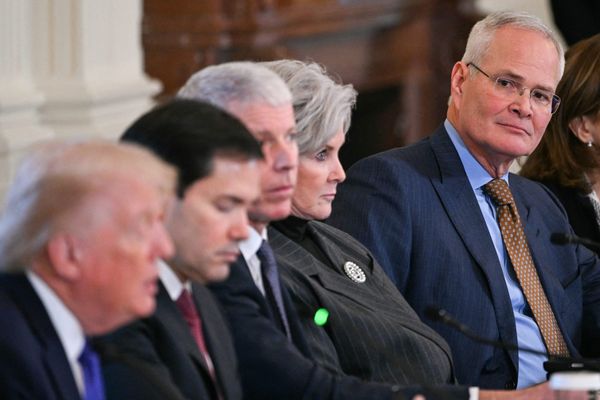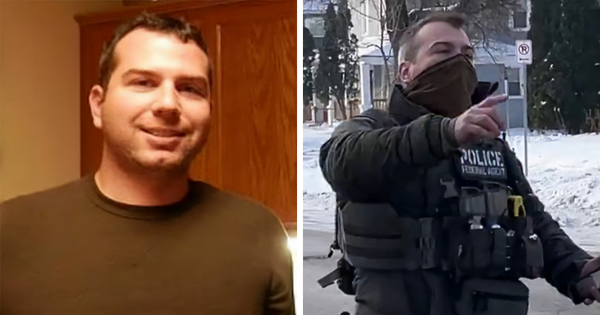
It can come as a shock when a bank account is suddenly frozen after a loved one’s passing, especially if you’ve been managing their finances with a valid power of attorney. Many families assume this document allows them to continue paying bills and handling transactions without interruption. But in reality, a power of attorney becomes invalid the moment the account holder dies, and banks often freeze access immediately. This safeguard is meant to protect the estate, but it can also create serious financial and emotional stress for those left behind. Understanding why some banks freeze accounts after death — even with a power of attorney can help you prepare and avoid unnecessary hardship.
1. A Power of Attorney Ends at Death
A power of attorney grants someone authority to act on behalf of another person while they are alive. However, legally, that authority stops the moment the person passes away. Once death occurs, control over the account transitions to the estate’s executor or administrator. This is why banks are obligated to halt transactions until they receive proper legal documentation. This is one of the primary reasons why some banks freeze accounts after death — even with a power of attorney.
2. Protecting the Estate From Unauthorized Withdrawals
Freezing the account helps ensure that no one can remove funds that legally belong to the estate. Even well-intentioned withdrawals for paying bills could be considered improper if not authorized by the estate process. The bank’s role is to safeguard assets until the rightful executor can take control. This protects against disputes among heirs or creditors. It’s another clear example of why some banks freeze accounts after death — even with a power of attorney.
3. Preventing Fraud and Identity Theft
Unfortunately, fraud is a real risk when someone dies. Criminals sometimes target deceased individuals’ accounts to make unauthorized transactions. By freezing the account, banks create a barrier that reduces the chance of theft. This measure is especially important in the days and weeks immediately after a death, when notifications may not have reached all institutions. This security step explains why some banks freeze accounts after death — even with a power of attorney.
4. Legal Requirements Under Probate Law
In most states, probate laws require that all assets be inventoried and distributed according to a will or state intestacy rules. Bank accounts are part of this process unless they are jointly held or have designated beneficiaries. Freezing the account ensures the funds are properly accounted for before any distributions are made. Banks that skip this step could face legal consequences. This obligation is a central reason why some banks freeze accounts after death — even with a power of attorney.
5. The Difference Between Joint Accounts and Sole Accounts
If the account was jointly held with rights of survivorship, the surviving account holder usually retains full access to the funds. However, for accounts held solely in the deceased person’s name, the freeze is automatic. Many families are surprised to learn that joint signers on an account are not the same as joint owners. A joint signer’s authority also ends at death, similar to a power of attorney. This distinction helps explain why some banks freeze accounts after death — even with a power of attorney.
6. Delays in Accessing Funds for Immediate Expenses
When accounts are frozen, paying urgent bills like mortgages, utilities, or funeral costs can become challenging. Even if you were managing finances before the death, you may have to wait until the court appoints an executor to regain access. Some states allow small amounts to be released for funeral expenses, but the process can still take time. This delay often adds financial strain to an already stressful situation. It’s one of the real-life consequences of why some banks freeze accounts after death — even with a power of attorney.
7. How to Prepare and Avoid Disruptions
The best way to avoid account freezes is to plan ahead with the right legal tools. Pay-on-death (POD) designations, joint ownership with rights of survivorship, and living trusts can help ensure funds pass directly to intended recipients without probate delays. Keeping a small emergency fund in an account you control can also help cover expenses while waiting for estate administration. Reviewing accounts and updating beneficiary designations regularly can prevent unnecessary complications. Proactive planning reduces the impact of why some banks freeze accounts after death — even with a power of attorney.
Planning Ahead Protects Loved Ones
While a power of attorney is a valuable tool during someone’s lifetime, it offers no protection once they pass away. Knowing why some banks freeze accounts after death — even with a power of attorney can help you take steps now to keep funds accessible when they’re needed most. By setting up the right account structures and legal documents, you can ensure your loved ones avoid delays, disputes, and unnecessary stress during an already difficult time. Preparation today can make all the difference tomorrow.
Have you taken steps to ensure your accounts won’t be frozen for your loved ones? Share your approach in the comments below!
Read More:
What Happens If You Forget to Update a Power of Attorney Before Moving States?
What Happens if Adult Children Control Your Online Banking Credentials?
The post Why Some Banks Freeze Accounts After Death — Even With a Power of Attorney appeared first on The Free Financial Advisor.







